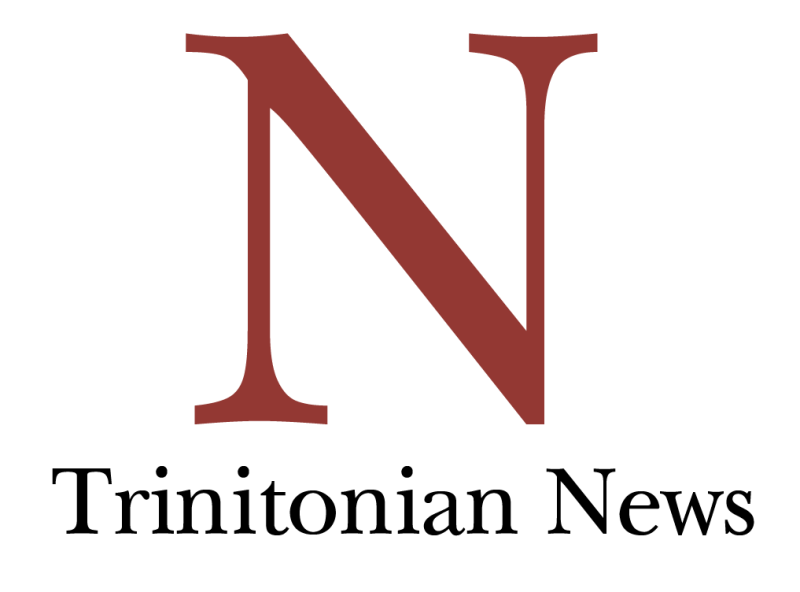On Tuesday Feb. 23, Trinity Diversity Connection hosted a Diversity Dialogue on society and the prison system. The discussion covered several topics, but members of the dialogue were free to focus on any issue.
“The way this is going to work is we’re going to have three break-out sessions, and then after that we’re going to have one larger session where we’re going to come back into the circle,” said Benjamin Collinger, a sophomore at Trinity University.
Topics discussed during the dialogue were the War on Drugs, the rise of for profit prisons, disproportionate incarceration rates and the school to prison pipeline. Each small group focused on a specific topic and then came together to discuss the topics in a broader sense.
The group that discussed the War on Drugs and incarceration rates talked about the disparities of drug sentences and the politics of the drug war.
“We started with the discrepancies in sentencing for different drug possessions, specifically between cocaine and crack cocaine. Crack cocaine is a less potent, cheaper version of the drug, but you can have less and get a much higher sentence. And that is a drug that is typically associated with poorer regions,’ said Sasha Faust, a sophomore at Trinity.
The school to prison pipeline group discussed race in the classroom and how certain students and schools are set up to fail.
“We actually ended up focusing less on the prison aspect of it and looked at different ways the education system fails its students, specifically the way students fall through the cracks,” said Hunter Sosby, a first year at Trinity.
The for-profit prisons group discussed the flaws in the prison system and how the issues often stem from politicians.
“We talked about how it’s really hard for policy makers to push for better prison systems or better support for prisoners because it’s really hard to be elected if you appear to be soft on crime,” Faust said.
The large group also discussed solutions to some of the issues discussed. The group mainly focused on looking at what other countries are doing in regard to their prison systems and the stigma individuals face when they’re out of the prison system.
“How do we fix this? It’s such a harder question because you literally have to change everything. It’s not just the criminal justice system. You can change everything at the front end. You can change mandatory minimums, and you can reduce the sentencing for drugs. We can reduce the time people spend in prison; we can change what goes on inside of prisons in terms of programs. But when people come out of prison, you’re not talking about the criminal justice system anymore. You’re talking about the felony conviction that follows them around. If I could fix anything, I would fix the education component. Prisoners are mandated to do a whole bunch of things, mandate that they have to get an education,” said Keesha Middlemass, a professor of political science at Trinity.
The dialogue ended with a discussion about what Trinity can do to become more inclusive.
“How can TDC support you in creating a more inclusive community on Trinity’s campus,” Collinger said.
The group discussed creating mixers between cultural clubs, creating educational events, hosting documentary nights and other ways to create conversations on campus about diversity.







